Prepared by Flora Partenio
The School of Feminist Economics is a training space to socialise analysis and tools for the construction of critical perspectives on the interrelationships between economic dynamics, gender, class, race and ethnic relations, and the mechanisms of inequality reproduction.
During the last 3 years, DAWN has worked towards a process of collective statements together with political and social organizations, feminist networks, unions and educational organizations based on feminist pedagogies. These spaces have been organized mainly around exchanges in Spanish and Portuguese, such as the production of collective documents, statements, audiovisual productions, publications, training materials and so on. For this reason, most of the materials presented during the first stage of the School are in Spanish.
From the feminist economy perspective, the School of Feminist Economics (SFE) intends to be a space for reflection. Its main themes are primarily focused on the conditions of global financial capitalism, corporate capture, the digital economy, the financing of public policies, the future of work and feminist experiences of resistance. At the same time, it aspires to multiply feminist pedagogies’ training spaces for activists. In the current context of resistance in a fierce world, this will help to strengthen dialogue and the connection between analysis and social mobilization.
The School is coordinated by Corina Rodríguez Enríquez and Flora Partenio, both members of DAWN’s Executive Committee. The first edition of the School of Feminist Economics—”Narratives and resistance to financial capitalism and the power of corporations”—was held within the framework of the “G20/IMF Out! Global Action Week” in November 2018. This experience was building on previous work and collective articulation, including The Peoples’ Summit “WTO Out! Building Sovereignty” and The Feminist Forum Against G20. This initiative was promoted by DAWN and co-organized by a series of feminist organizations from Latin America and the Global South. Subsequently, and within the framework of the World Social Forum of Transformative Economies, DAWN launched the website of the School of Feminist Economics.
The virtual site of the School is a pedagogical space that opens access to training resources and feminist self-training, to share, download audio visuals and disseminate readings that allow for further reflection. The launch of the website retraces the path travelled up to this point with ally organizations and feminist activists from different countries. It is the start of a new cycle of collective work in the face of the challenges of the current scenario marked by the impacts of the pandemic.
In this training and self-learning space, one will find a series of thematic modules focused on analysis from a feminist economy perspective:
- The conditions of development and reproduction of global financial capitalism.
- The modalities acquired by the new international social-sexual-racial division of labour and its effects on working conditions.
- The gender marks of corporate crimes committed by trans-nationalized capital.
- The discussion of illicit financial flows (IFF) and its impacts on gender justice and social justice.
- Critical analysis around the narratives on financial inclusion and labour inclusion of women through the paradigm of “entrepreneurship”.
- The conditions of the global expansion of data extractivist capitalism, digital commerce and platform work.
- Access to and investment in public services, and the financing of public policies in countries of the North and South.
- The articulation of public debt with domestic debt.
- Feminist experiences of resistance against the advance of fascism and racism; feminist practices of autonomy and self-management; the union and feminist organization in the face of the advance of labour reforms.
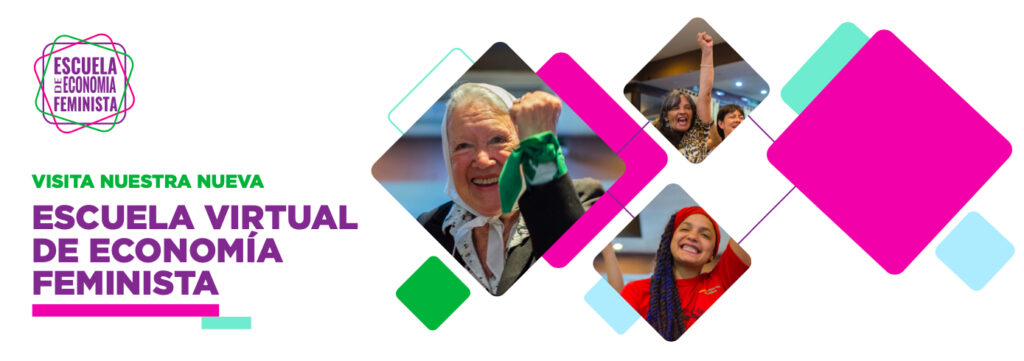
For content about the school in Spanish see:
La Escuela de Economía Feminista se propone abrir un espacio de formación para socializar análisis y herramientas para la construcción de perspectivas críticas sobre la interrelación entre la dinámica económica, las relaciones de género/clase/raza/etnia y los mecanismos de reproducción de la desigualdad.
The New Normal in Dispute: Transformative Proposals from the Solidarity & Feminist Economy
The School of Feminist Economicsrelated items
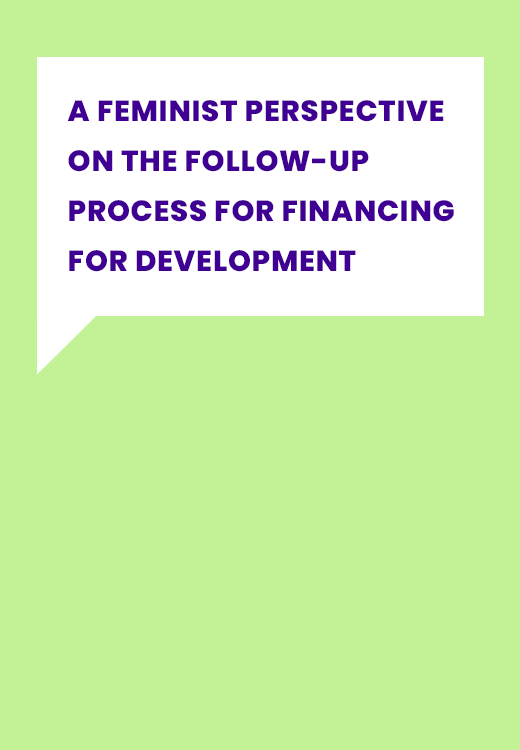
A Feminist Perspective on the Follow-Up Process for Financing for Development
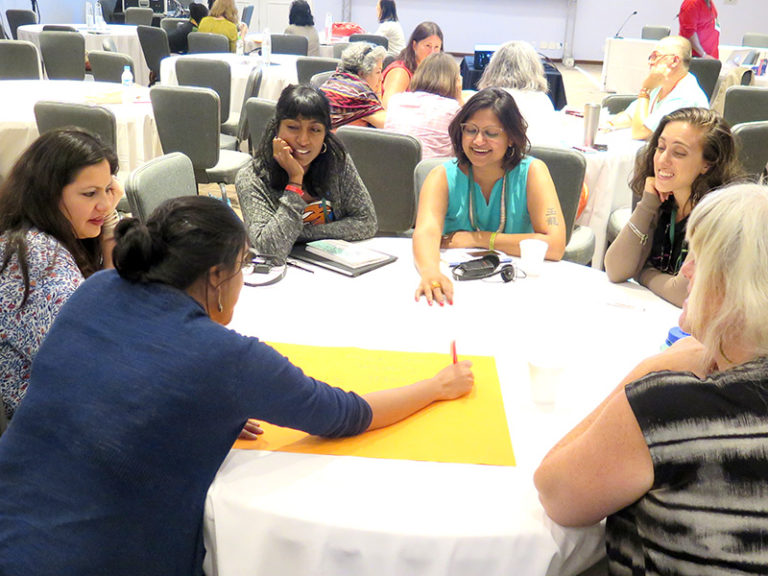
Emerging powers, gender, sexuality and human rights

DAWN at CPD 49
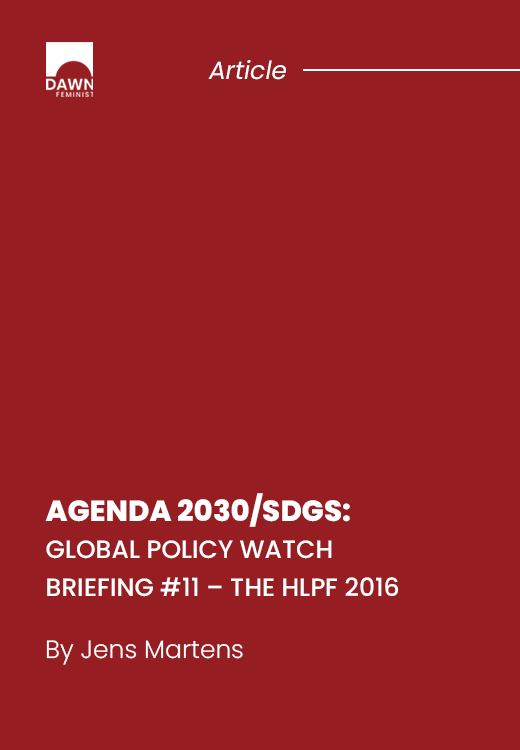
Agenda 2030/SDGs: Global Policy Watch Briefing #11 – The HLPF 2016
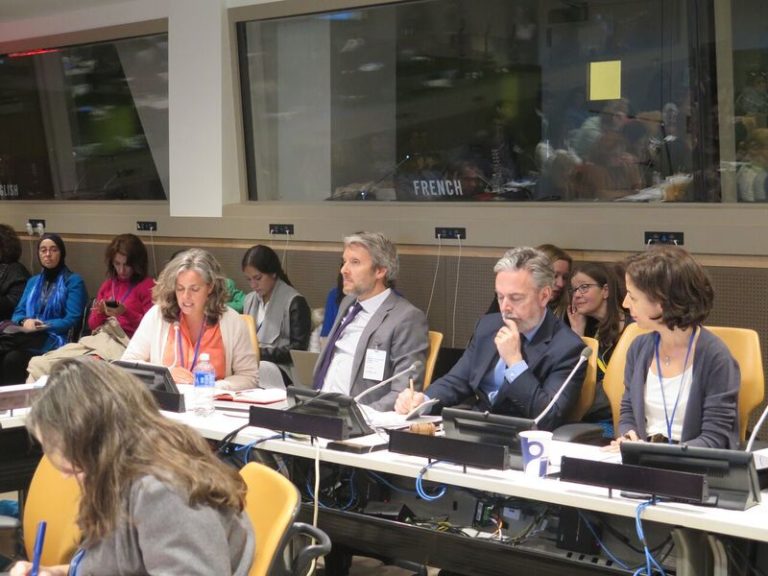
DAWN at CSW 60
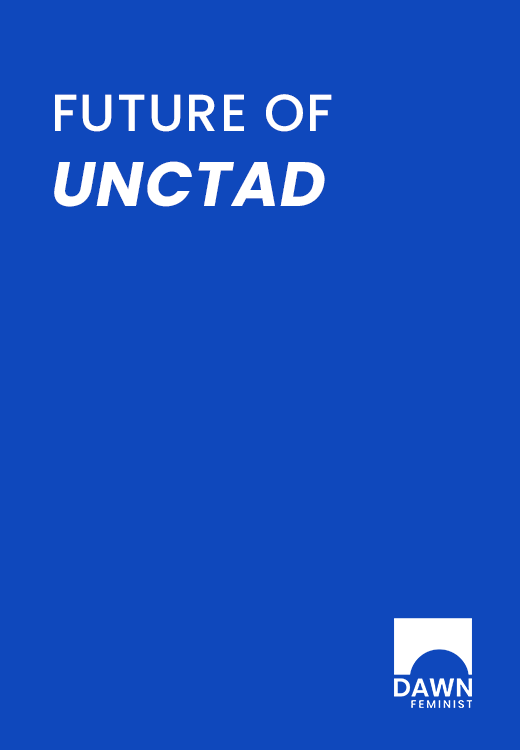
Future of UNCTAD
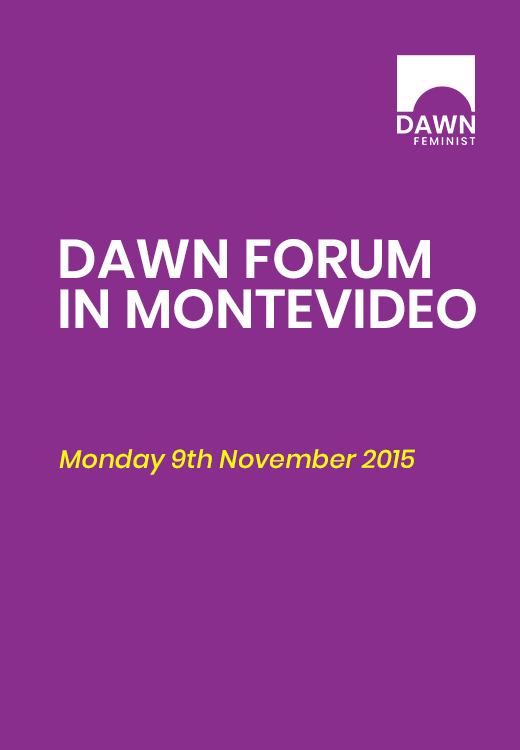
DAWN Forum in Montevideo
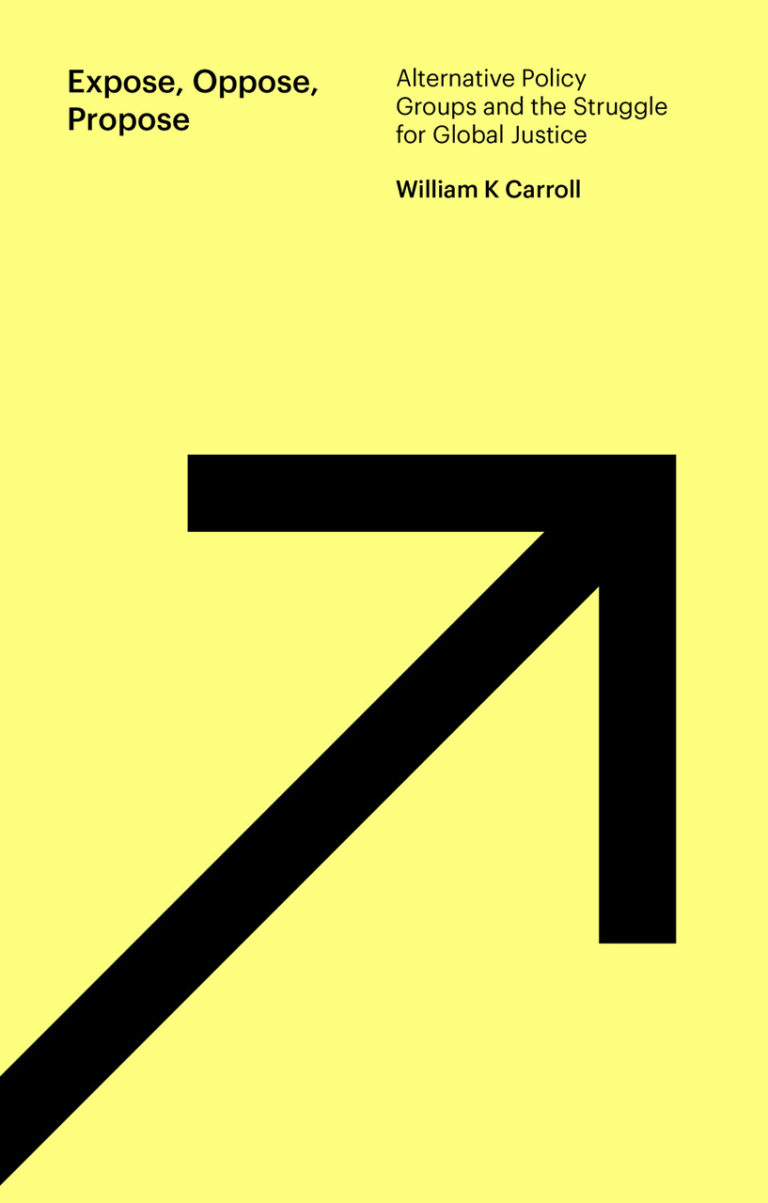
Expose, Oppose, Propose: Alternative Policy Groups and the Struggle for Global Justice
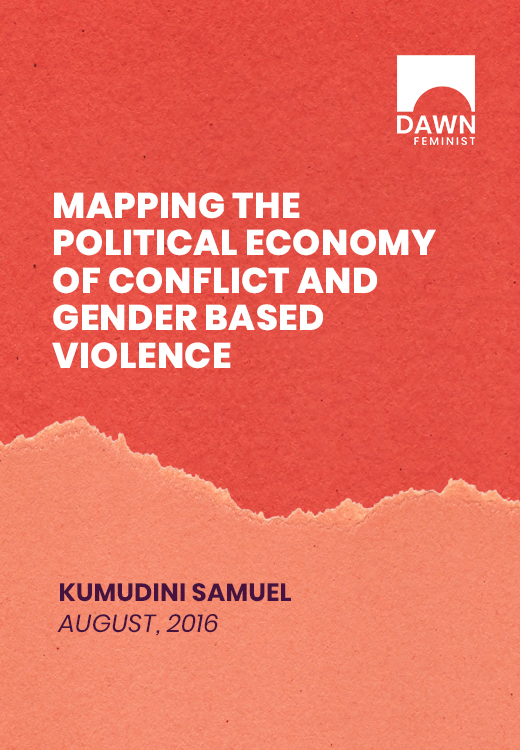
Mapping the political economy of conflict and gender based violence

Equality, Quality and Accountability in Advancing SRHR in China, India and Indonesia
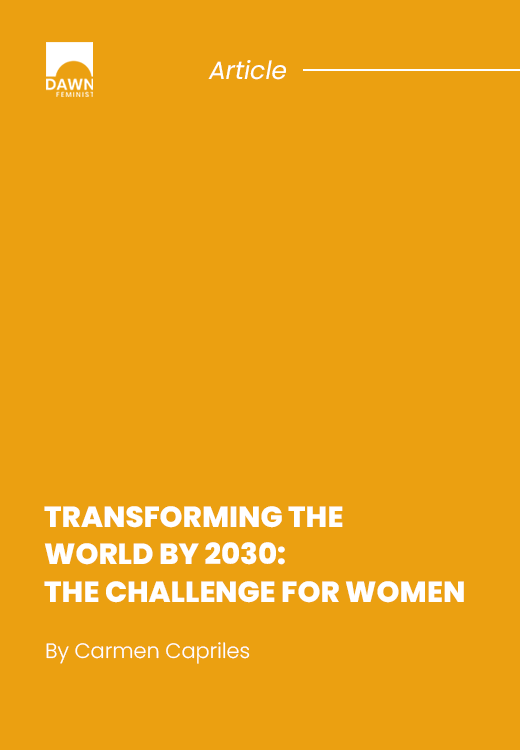
Transforming the world by 2030: the challenge for women
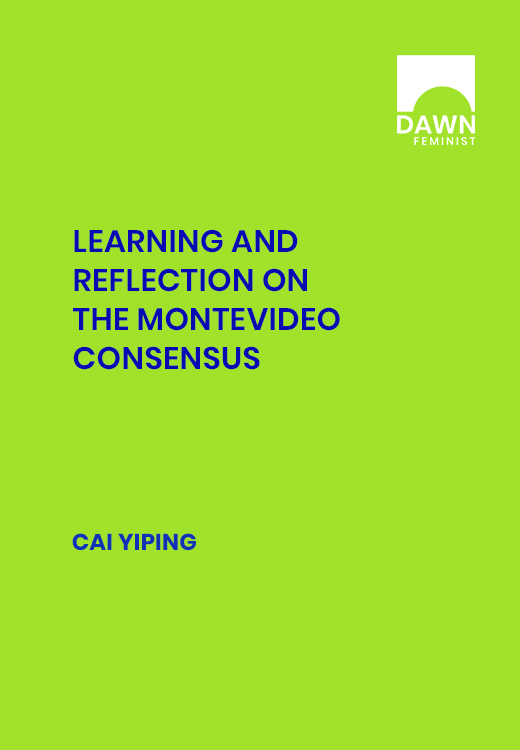
Learning and Reflection on the Montevideo Consensus
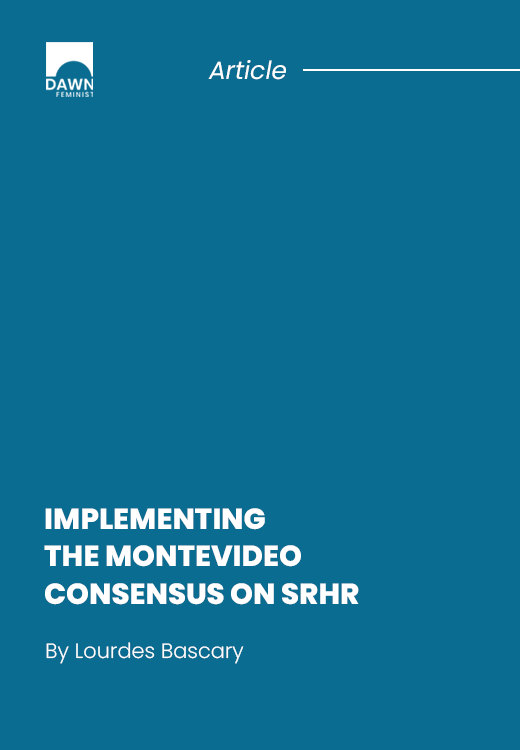
Implementing the Montevideo Consensus on SRHR
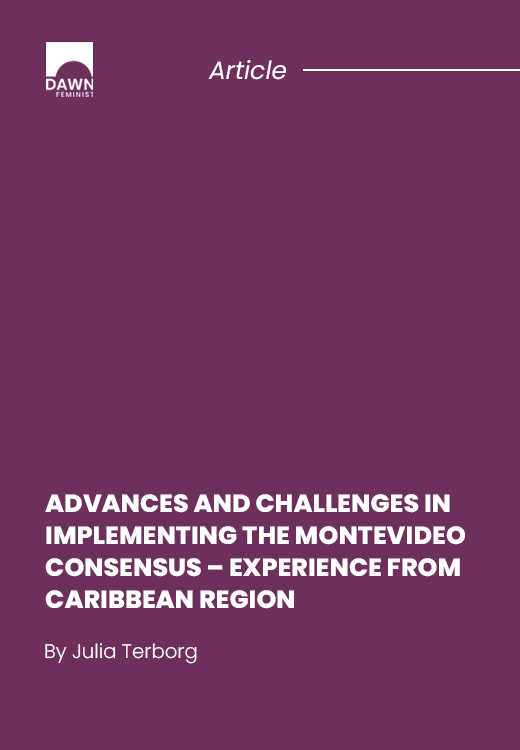
Advances and Challenges in Implementing the Montevideo Consensus – experience from Caribbean region
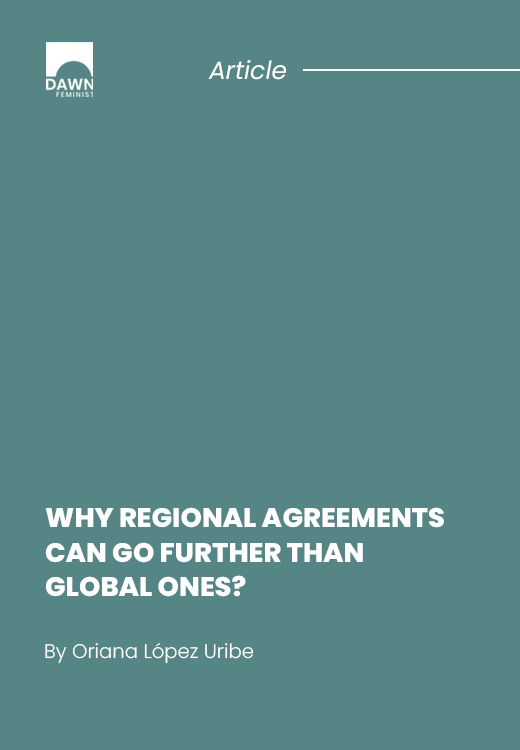
Why regional agreements can go further than global ones?
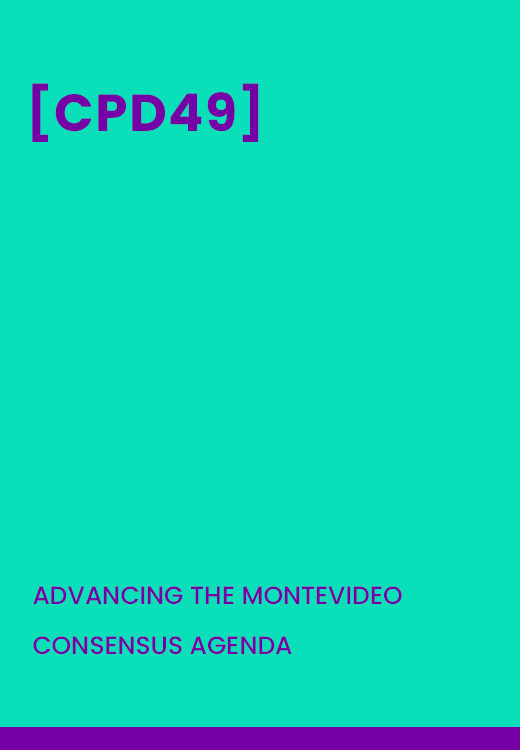
Advancing the Montevideo Consensus Agenda: Side Event at CPD49
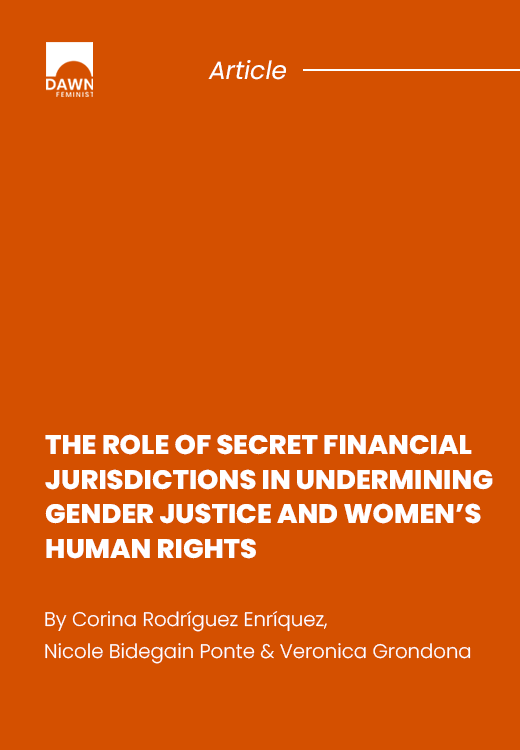
The role of secret financial jurisdictions in undermining gender justice and women’s human rights
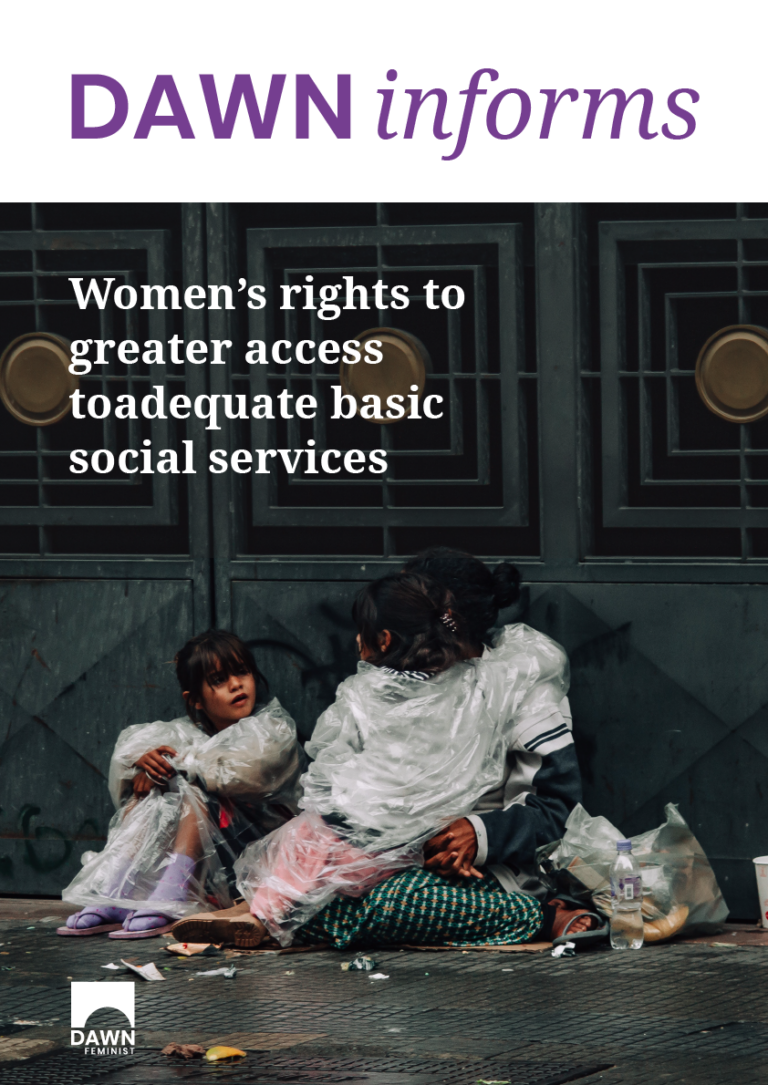
Women’s Rights to Greater Access to Adequate Basic Social Services
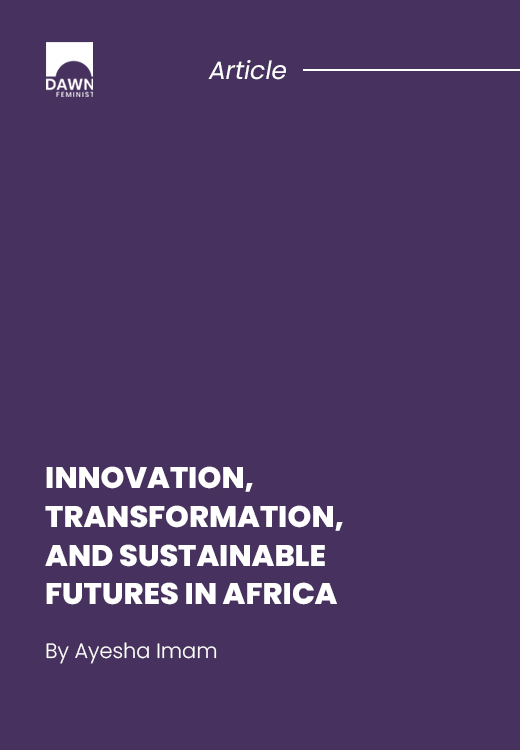
Innovation, Transformation, and Sustainable Futures in Africa
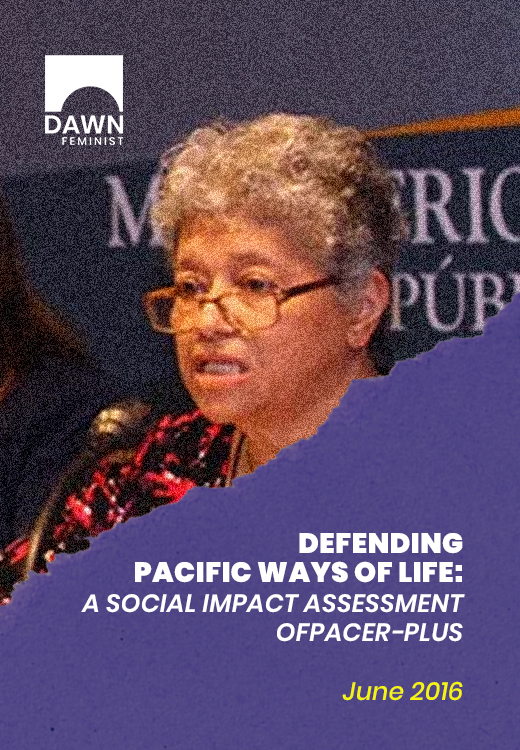
Defending Pacific Ways of Life: A Social Impact Assessment of PACER-Plus
HLPF 2016 Side Event: 2030 Agenda for Sustainable Development A Good or Bad Start?
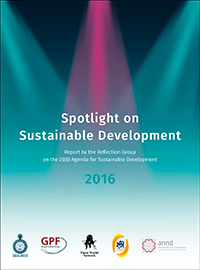
Shining a spotlight on the 2030 Agenda
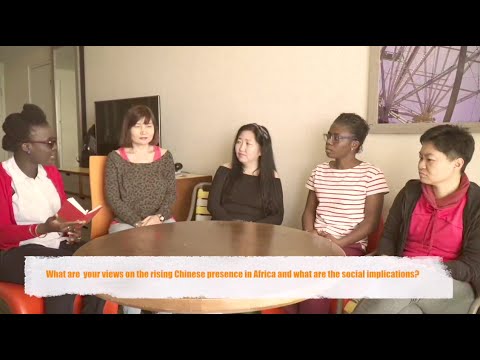
China in Africa, Africa in China’: Gender & Sexuality Dimensions

